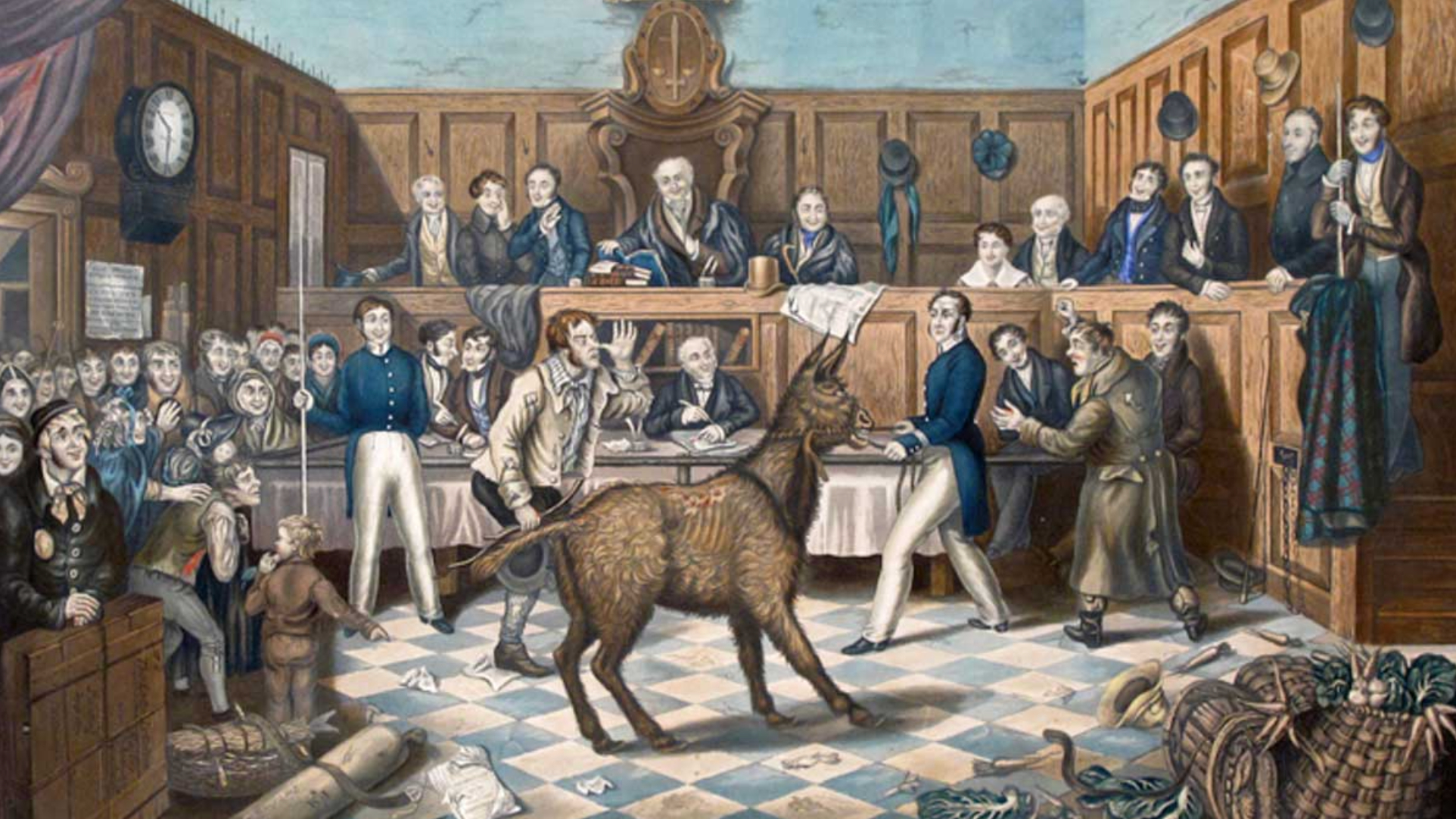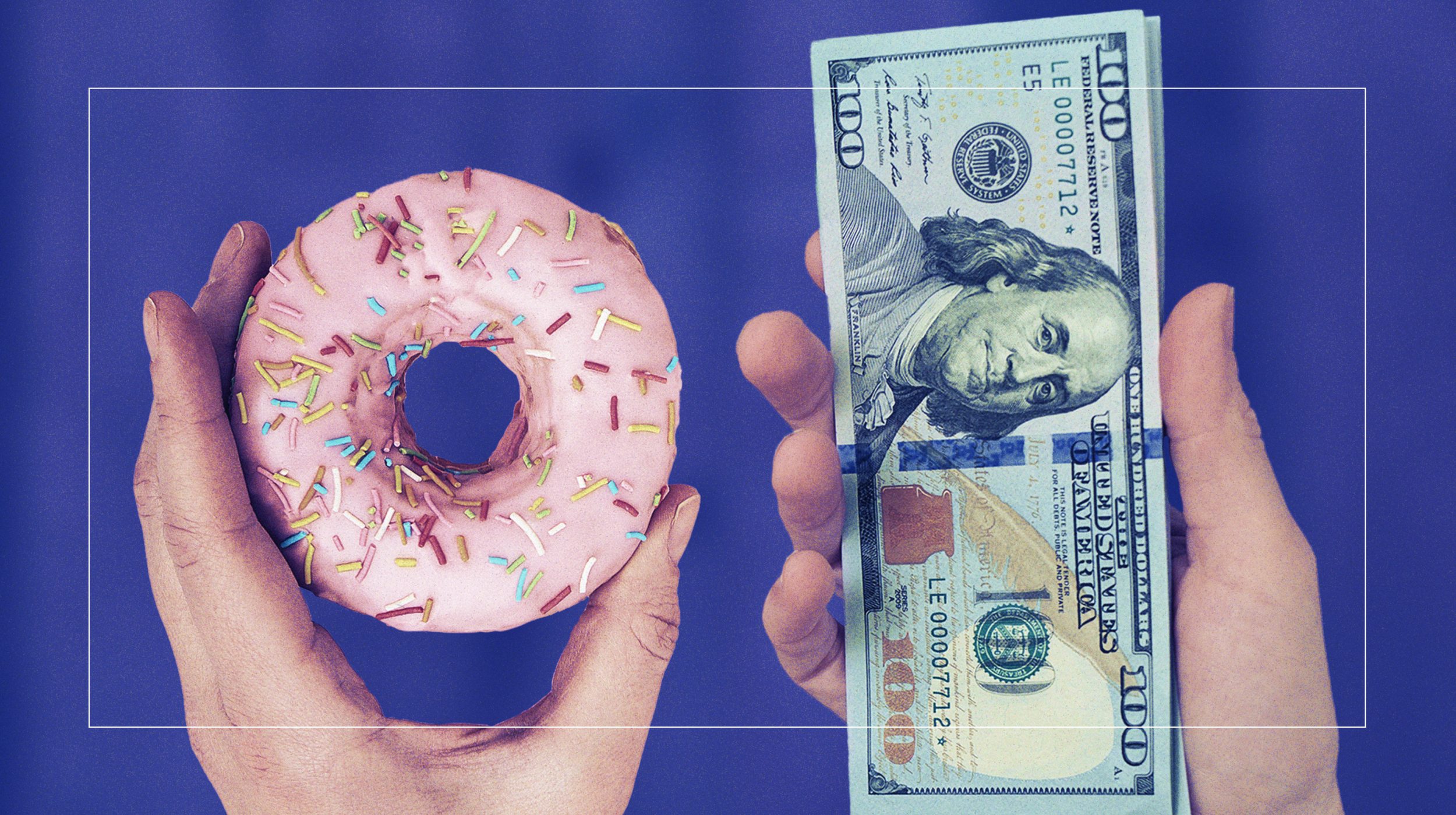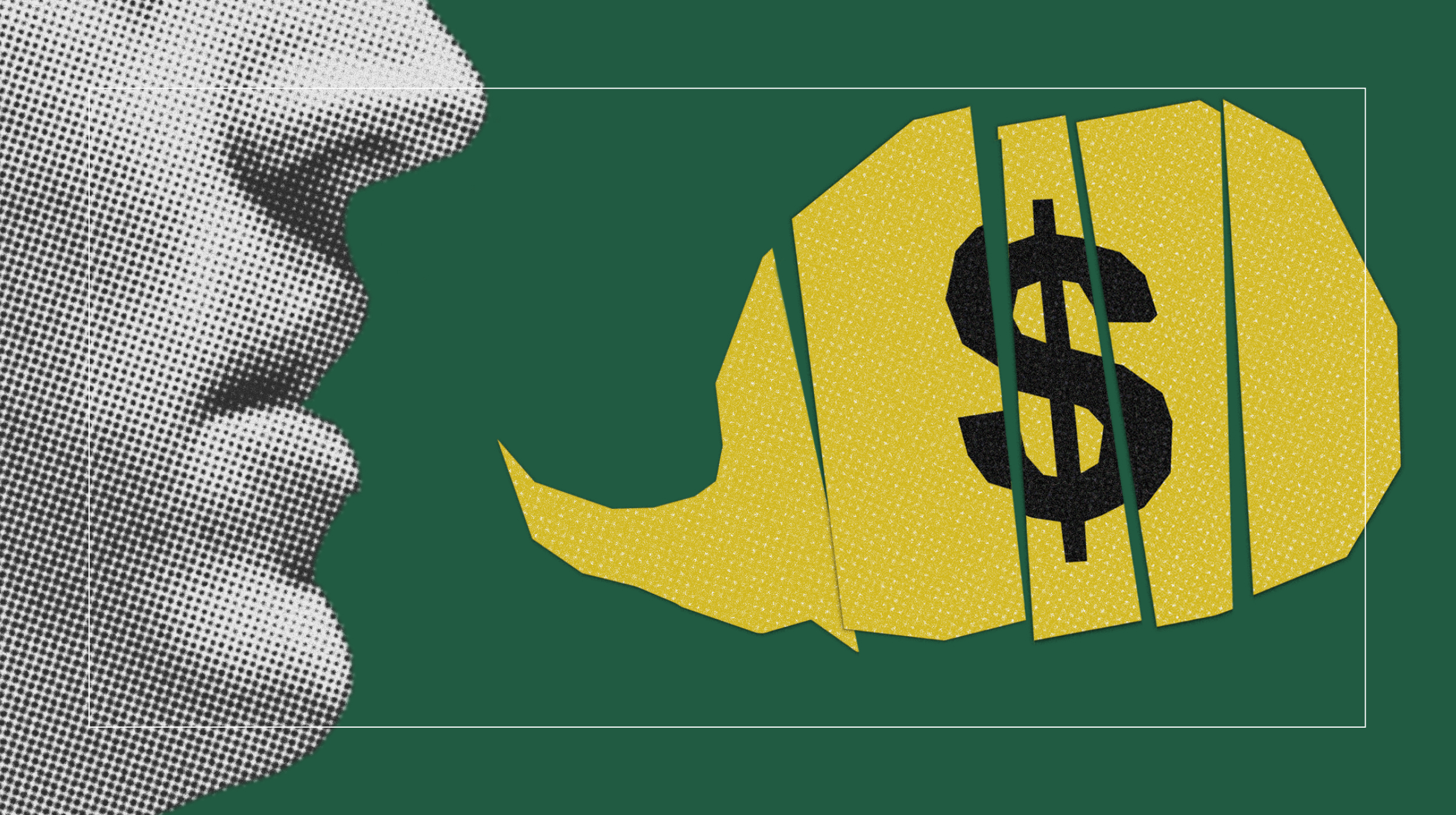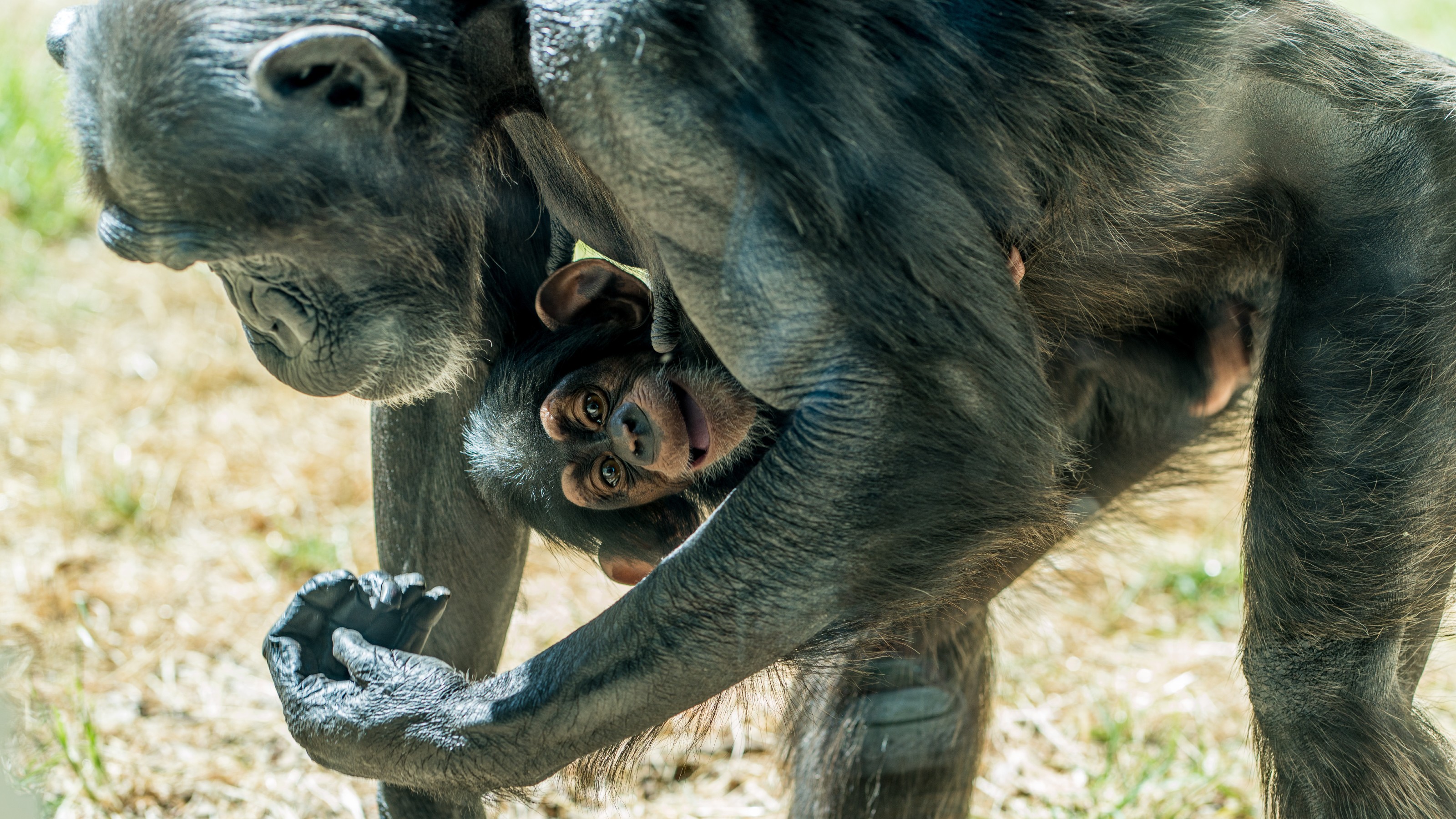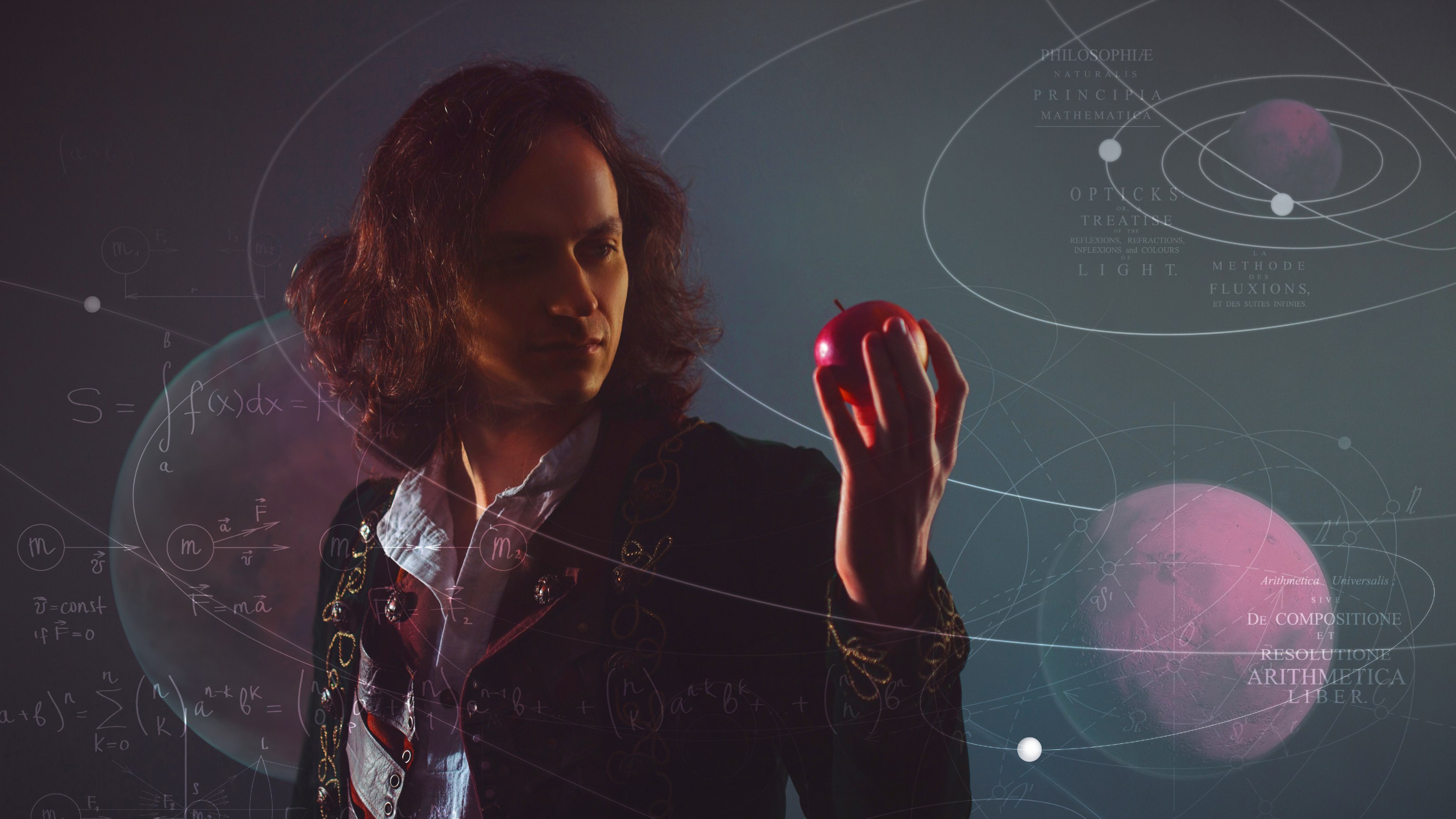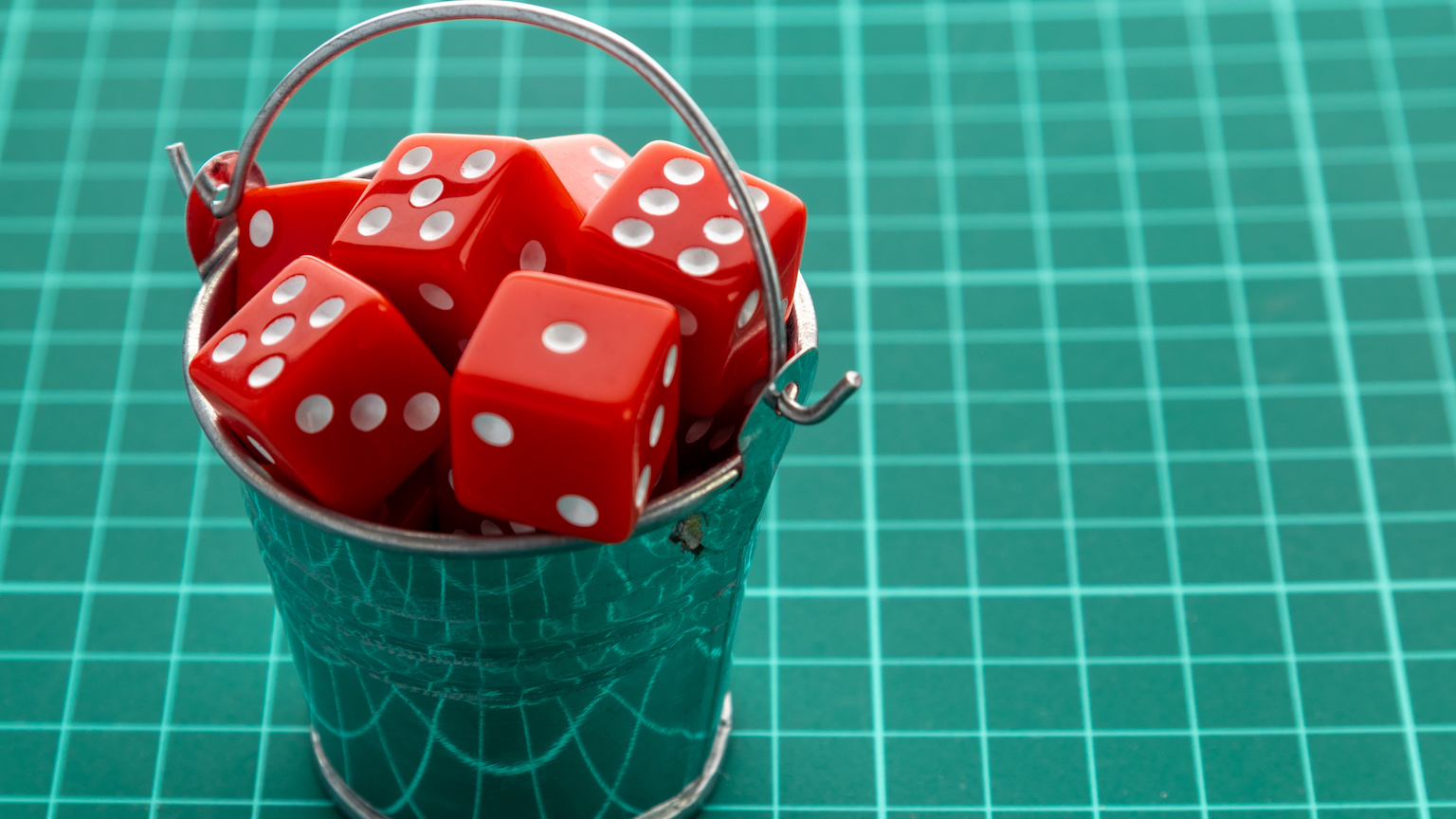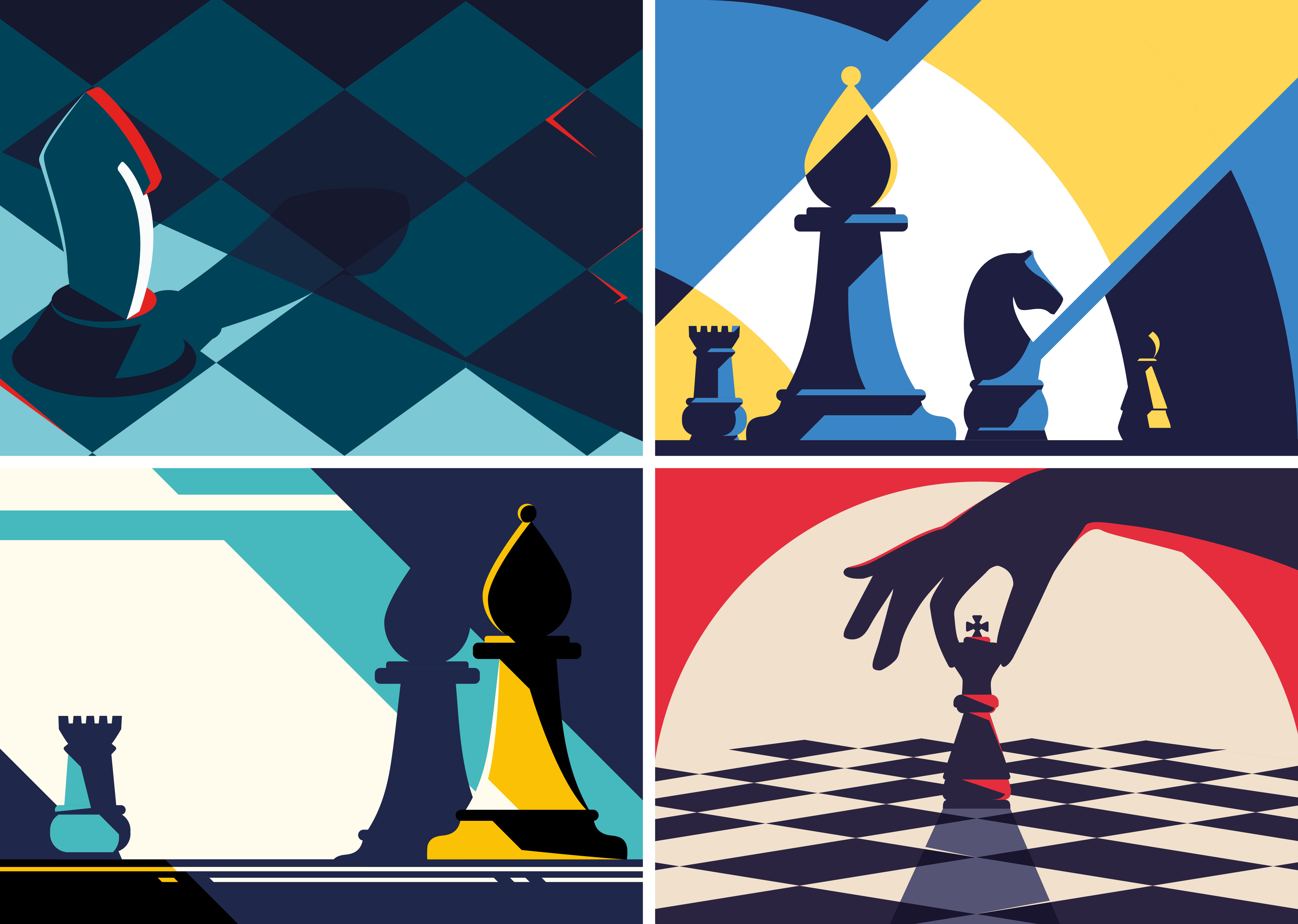Jonny Thomson
Jonny Thomson taught philosophy in Oxford for more than a decade before turning to writing full-time. He’s a staff writer at Big Think, where he writes about philosophy, theology, psychology, and occasionally other subjects when he dares step out of his lane. His first book, Mini Philosophy, is an award-winning, international bestseller, and has been translated into 20 languages. His second book, Mini Big Ideas, was published in 2023.

We could even benefit from more whataboutisms — if they’re used properly.
If you don’t mourn in North Korea, you risk being executed.
Why, exactly, don’t you trust that person’s opinion?
Do our thoughts have any meaning whatsoever?
Bring not a bagpipe to a man in trouble.
Colors can influence your emotions and behaviors, but “color psychology” yields no real insight into your personality.
Some animals were even assigned their own lawyers.
Be famous within five miles.
The brain is highly plastic — the more we do a particular action, the more we change its makeup. Money is a great motivator for habit-forming actions.
What’s the point of all that money?
Why should it be considered impolite to discuss something so important to our long-term well-being?
Why, exactly, should you die for your child?
One study estimated that 80% of people include “deviations” from the truth in their online profiles.
What can elite athletes teach you about how to win?
If Rome was not built in a day, why do you think you can be?
That Nietzsche quote might not mean what you think it does.
In the philosophy of Star Wars, the Sith are evil because they surrender to passion. But is a life of total rationality a “good” life?
In a world where we assume people tell the truth, liars prosper. To stop them from exploiting others, here are three rules to catch a liar.
We often laugh at inappropriate things, but not when we are emotionally invested. Laughter cannot be serious. So, can we ever laugh at death?
When you’re a genius, how do you make ends meet?
Arguments are a normal and often healthy part of a relationship. It all depends on picking the right kind of arguments, though.
You can love a romantic partner, but also a pet, a book, God, or the sound of someone’s voice. We need many more words for love.
An analogy explains the greater fool theory: You don’t have to run faster than the bear to get away; you just have to run faster than the other guy.
Technology will not save the world, and it is inherently neither good nor bad. But, when tech is coupled to human virtue, good will prevail.
Game theory is a unique combination of math and psychology. Its applications turn up everywhere, from nuclear war to Tinder to game shows.
Prison is an unreliable method of punishment. Let’s do better.
Sometimes breaking a rule is the ethical thing to do.
Grandmasters and drug dealers have one thing in common: They are many steps ahead of their rivals.
Like some cold poison creeping up our veins, there’s a frisson in the stories and poems of Edgar Allan Poe.






